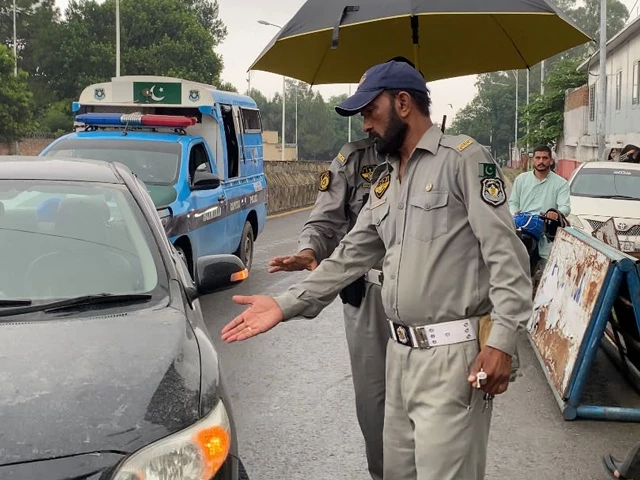The Islamabad High Court has prohibited authorities from registering a case against any citizen driving without a license for the first offence, and ordered that only a warning and fine be issued initially.
Chief Justice Sardar Muhammad Sarfaraz Dogar on Thursday heard a petition by citizen Muhammad Abi Hassan. Captain (retd) Hamza Humayun, Chief Traffic Officer (CTO), Islamabad, attended the hearing in person after being summoned by the court.
The petitioner argued that under the Motor Vehicle Regulations, the penalty for driving without a license cannot be more than a fine and that the police have no authority to make arrests or confiscate the vehicle.
It came after the CTO set a deadline for citizens of Islamabad to obtain driving licences. After the deadline passed, the police announced that they would register cases against those driving without license and arrest them. According to the petitioner, this measure goes against the Constitution and the law.
During the hearing, the Chief Justice stressed that if a person drives a vehicle without a license and an accident occurs, they can be charged with murder, but under normal circumstances only a fine is enough. He added that Pakistan has existed for more than 70 years and citizens should now know that it is necessary to have a driving license.
The Chief Justice further said that if a citizen has a license but does not have a printed copy, he must show it. The court also suggested introducing a digital system for verifying licenses like the CNIC verification feature in the NADRA app.
CTO Islamabad told the court that no case has been registered so far against any citizen for driving without a licence, while security features have been added to the license to prevent tampering. He said the traffic police is working to digitize the licensing system by linking it with NADRA.
The Chief Justice pointed out that registration of unlicensed driving cases will create a criminal record of citizens, which can become a stain on them. Therefore, a warning and fine should be given for the first violation and strict action can be taken in case of repeat offense. The court resolved the citizen’s request with instructions.




